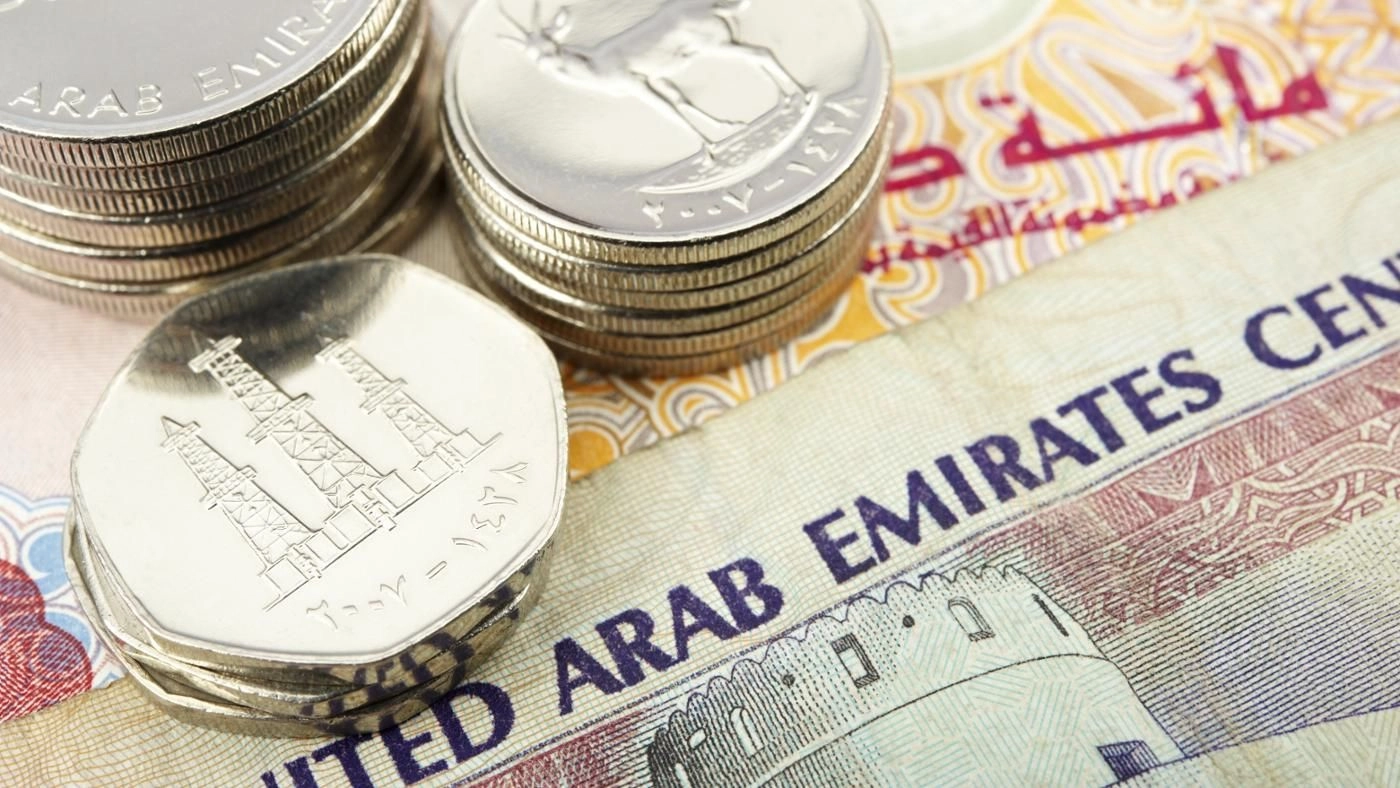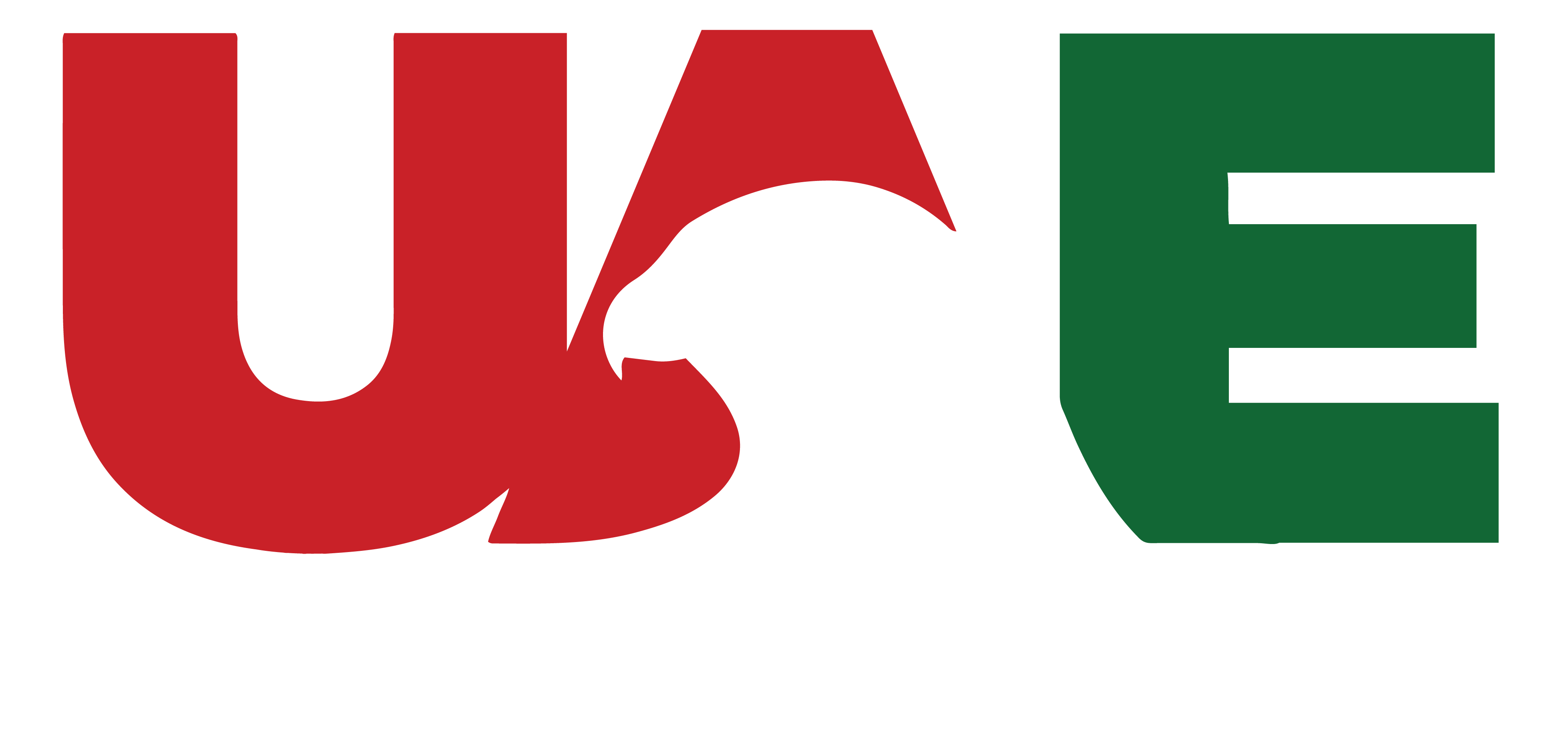Tax Incentives in UAE
Is Dubai Tax Free for Business
Dubai stands as one of the most business-friendly destinations globally, offering many Importance of Tax Incentives in UAE to attract and support companies that establish themselves in this vibrant city. From a tax-free environment to customs duty exemptions and corporate Tax Credit note in UAE, Dubai provides an enticing ecosystem for entrepreneurs and investors. In this article, we will explore the various Tax Incentives in UAE available in Dubai.
Free Zone Benefits: A Lucrative Option for Businesses
Dubai boasts several free zones that offer additional Importance of tax Incentive, making them a lucrative option for businesses looking to establish their presence in the city. These free zone benefits include:
- 100% Foreign Ownership: Companies operating within the free zones enjoy complete ownership by foreign entities, providing full control and flexibility.
- 100% Repatriation of Capital and Profits: Businesses can repatriate all their capital and profits back to their home countries without any restrictions.
- No Currency Restrictions: Free zone companies face no limitations on currency transactions, enabling seamless international trade.
- No Corporate Tax: Companies operating within these zones are exempt from corporate taxes, allowing them to maximize their profits.
Customs Duty Exemption: Streamlining International Trade
Tax Incentives in UAE: Dubai offers customs duty exemptions on the import and export of goods, making it significantly easier and more cost-effective for businesses engaged in international trade and commerce. By eliminating customs duties, businesses can reduce operational costs and enhance their competitiveness in the global market.
Value-Added Tax (VAT) Refunds: Boosting Business Savings
Businesses registered for VAT in Dubai can benefit from reclaiming VAT for eligible business expenses such as travel, entertainment, and office supplies. This can lead to substantial savings, particularly for businesses with high volumes of eligible expenses.
Best investment in UAE for Expats
Starting from June 2023, Dubai will implement a new corporate tax rate of 9% for companies with profits exceeding AED 375,000 (approximately $100,000). However, Best investment in UAE for Expats operating in specific industries such as healthcare, education, and research and development will be eligible for a corporate tax exemption because of the Enterprise management incentive. This measure encourages investment in these critical sectors and stimulates growth and innovation.
Tax Incentives in UAE Government Funding Programs
The primary objective of small business tax relief in Dubai is to support and nurture small and medium-sized enterprises (SMEs) operating within the UAE Government Funding Programs. By reducing the corporate tax burden on qualifying SMEs, the government aims to lower the costs associated with regulatory compliance with the Enterprise management incentive, allowing these businesses to thrive and contribute to the local economy.
Eligibility and Thresholds for Small Business Relief
To benefit from the Enterprise management incentive, businesses and individuals must generate annual revenues of up to AED 3 million. The relief will be available for financial years beginning on or after 1 June 2023 but will only remain in effect until 31 December 2026. If a business’s revenue is more than AED 3 million in a previous tax period, it won’t qualify for small business relief
Apart from meeting the revenue threshold, several other conditions must be met to qualify for an Enterprise management incentive. Small business relief is exclusively available to UAE entities classified as “Resident Persons.” It excludes those who are part of a multinational enterprise group or qualify for the reduced tax rate as free zone entities.

Understanding Transfer Pricing Rules
Transfer pricing rules play a crucial role in properly functioning corporate tax systems. They act to prevent taxpayers from distorting or reducing a business’s profits artificially to avoid Tax Credit note in UAE Government Funding Programs liabilities. By establishing guidelines for setting fair prices in transactions between related parties, the transfer pricing rules aim to create a level playing field for all businesses operating within the UAE.
Applicability to Related Parties and Connected Persons
The transfer pricing rules in the corporate tax decree-law specifically apply to transactions involving related parties and connected persons. The law provides detailed definitions for these terms:
- Related Parties: For individuals, related parties include their relatives and companies in which the individual, either alone or in conjunction with related parties, holds a controlling interest (typically 50% or more of the company’s shares). For companies, related parties refer to other companies in which the company, alone or with related parties, has a controlling ownership interest (typically 50% or more of the shares), or companies that are under more than 50% common ownership.
- Connected Persons: Connected persons comprise the owner of the business, a director, or an officer of the business, as well as any related parties of these individuals.
The Concept of Arm's Length Value
At the heart of transfer pricing rules is the “arm’s length value.” This principle dictates that transactions between related parties should be valued as if they were conducted between unrelated parties, each acting in their best interest. In other words, the valuation should not be influenced by one party’s control or influence over the other.
Approved Transfer Pricing Methods for Tax Incentives in UAE
To determine the arm’s length value, the corporate tax decree-law in the UAE approves the following transfer pricing methods:
- Comparable Uncontrolled Price Method: This method compares the price of the controlled transaction with that of a similar uncontrolled transaction.
- Resale Price Method: The resale price method focuses on the resale price of goods or services, deducting an appropriate gross margin to determine an arm’s length price.
- Cost Plus Method: In the cost plus method, the total cost incurred by the supplier is determined, and a markup percentage is added to arrive at an arm’s length price.
- Transactional Net Margin Method: This method compares the net profit margin earned in the controlled transaction with the net profit margin earned in comparable uncontrolled transactions.
- Transactional Profit Split Method: The transactional profit split method allocates the combined profit of the related parties involved in a controlled transaction based on an economically valid basis.
Frequently Asked Questions
In the UAE, businesses enjoy attractive corporate Tax Incentives in UAE designed to foster growth and competitiveness. The corporate tax rates are structured as follows: A 0% tax rate applies to taxable income up to AED 375,000, while taxable income exceeding AED 375,000 is subject to a 9% tax rate.
One of the key advantages of doing business in the Emirates is the absence of personal and capital taxes. This applies to both UAE citizens and expatriates. As a result, expat workers are treated equally with citizens regarding personal and capital income tax, making the UAE an enticing destination for professionals and entrepreneurs alike.
To boost the appeal of strategic sectors and attract businesses, the UAE has implemented a corporate tax regime. Companies operating within free zones are granted an exemption from the 9% business tax, making it advantageous for enterprises seeking to establish themselves in these zones.
Businesses operating within Dubai’s free zones enjoy additional tax benefits. These include 100% foreign ownership, allowing full control and investment flexibility. Moreover, businesses can repatriate 100% of their capital and profits, enabling seamless international transactions. Additionally, there are no currency restrictions, providing ease of doing business. Last, companies in these free zones are exempt from corporate tax, further enhancing their profitability and growth potential.
Latest News
UAE Taxation System
Step-by-Step Guide For UAE Taxation System: The United Arab Emirates follows a…
How to Calculate VAT In UAE
Calculate 5% VAT in UAE is done according to the Article 53…
Turnover Tax UAE- A Complete Guide For Beginner
Turnover Tax UAE, also known as sales tax or Value Added Tax…
Corporate Tax UAE Eligibility At 9% Of The Net Profit
In January 2022, the Ministry of Finance publicized that it would put…
All About The UAE Federal Tax Authority
The UAE Federal Tax Authority (FTA) is a government institution responsible for…
Business Tax in UAE
How to calculate business tax in UAE? Business Tax in UAE requires…














